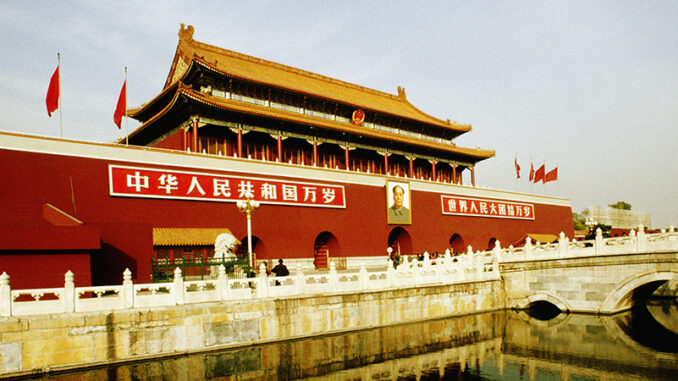
This month, China celebrates a birthday of sorts: October marks the 70th anniversary of Communist rule in the country and the founding of the People’s Republic of China. At that time, Mao Zedong imposed a Marxist system of government, in which there was no more private property and all workers were equal. But has the “Chinese Dream” succeeded or failed? Here, btw takes a closer look.
The Chinese Dream
China’s current leader, Xi Jinping, believes in what he calls the “Chinese Dream”: that all Chinese people should have equal access to the nation’s economic resources. But that dream is far from a reality. In fact, China is one of the 20 least equal nations in the world when it comes to its citizens’ income. Depending on how you look at it, this is both a good and a bad thing.

At one point about 40 years ago, China was one of the most equal nations, but that was only because everyone was poor. Since then, millions of citizens have managed to pull themselves out of poverty. How? Because in the 1970s, China opened its doors to the world economy and moved away from the rigid Marxist system initially set up by Chairman Mao. Money began to flow into the country, but not for everyone. In other words, most people benefitted, but some people benefitted far more than others.
The Role of Education
So why the huge income gap? For one thing, the educational system causes the economic divide to widen. Rural schools are far inferior to urban ones, and children living in the country are far less likely to attend college than city-dwellers. Furthermore, a Chinese system called hokou requires that children go to a school where they were born, even if their parents move later. So if a child is born in the rural provinces, that’s where he or she will attend school, regardless of whether his or her family has since moved to the city. That child is then unlikely to attend college, and the gap continues to widen further with each generation.
Those without education often become laborers, who will move to wherever they can find work, setting up temporary and often inadequate housing that does little to keep out the elements. They then send the money they make home to their families.
A Stark Contrast
But this isn’t the side of China that was celebrated last week during a parade in honor of the 70th anniversary of Communist rule. Instead, the parade was an opportunity to show off the country’s newest military technology, such as missiles, tanks, and fighter jets–including a long-range intercontinental ballistic missile, which is capable of carrying nuclear warheads all the way to the United States. Leader Xi Jinping spoke about the country’s military might and how no outside nation will be able to stop China from getting ahead.
Meanwhile, however, mass protests continued in Hong Kong. For the past several months, pro-democracy demonstrators have taken to the streets, demanding greater independence from the rule of mainland China. Tensions were ratcheted up when, for the first time, a protestor was shot by police with live ammunition. The individual survived and is currently in critical condition.
